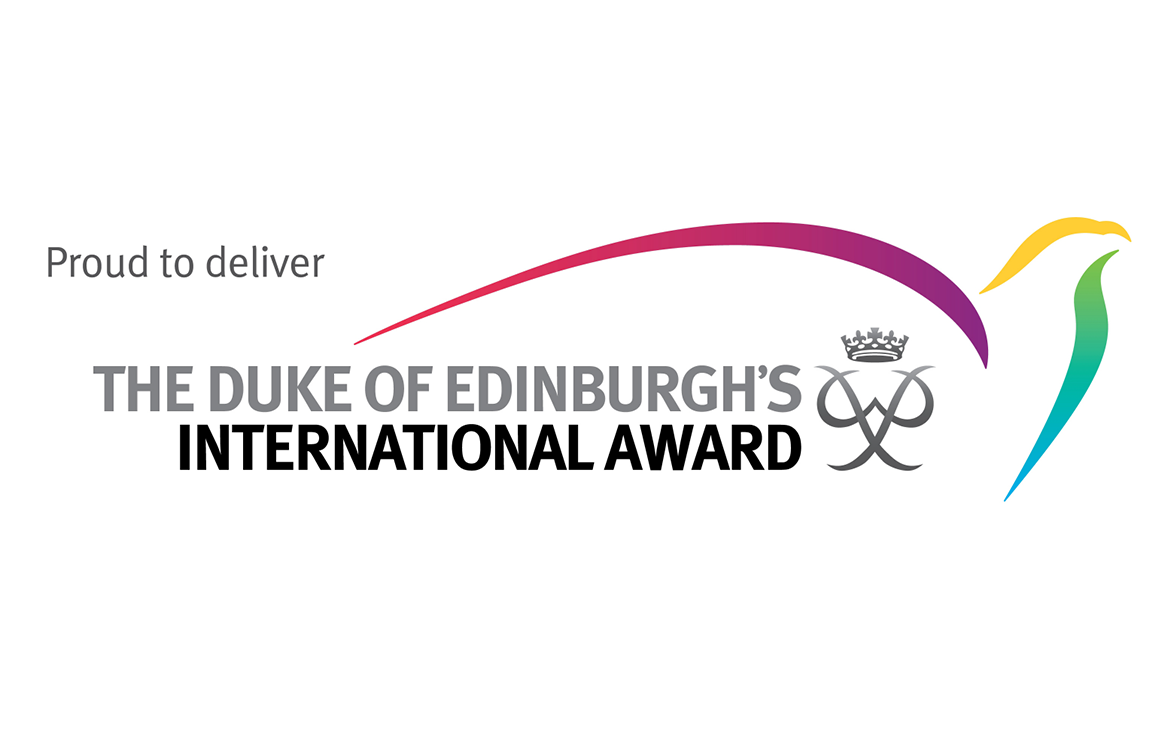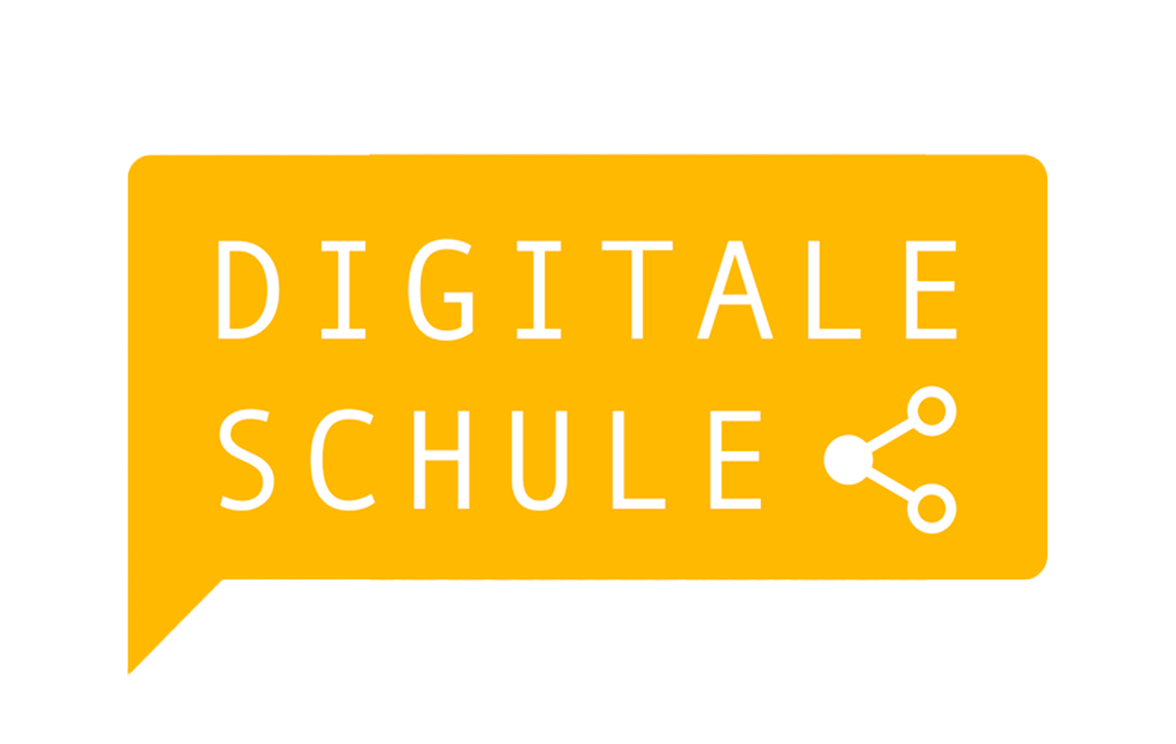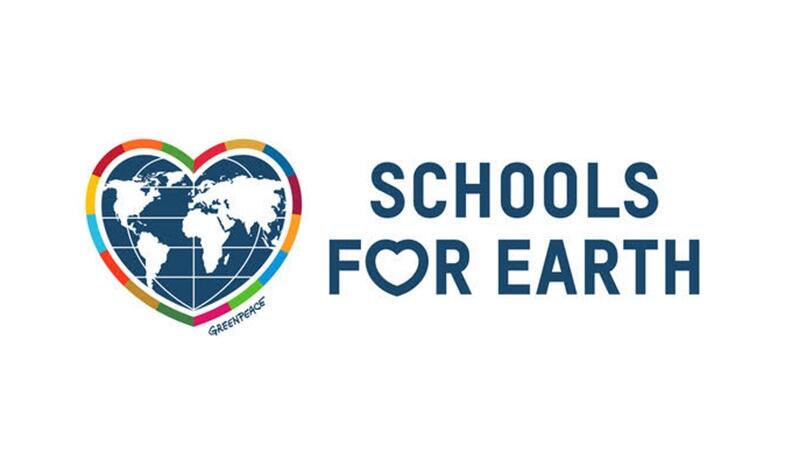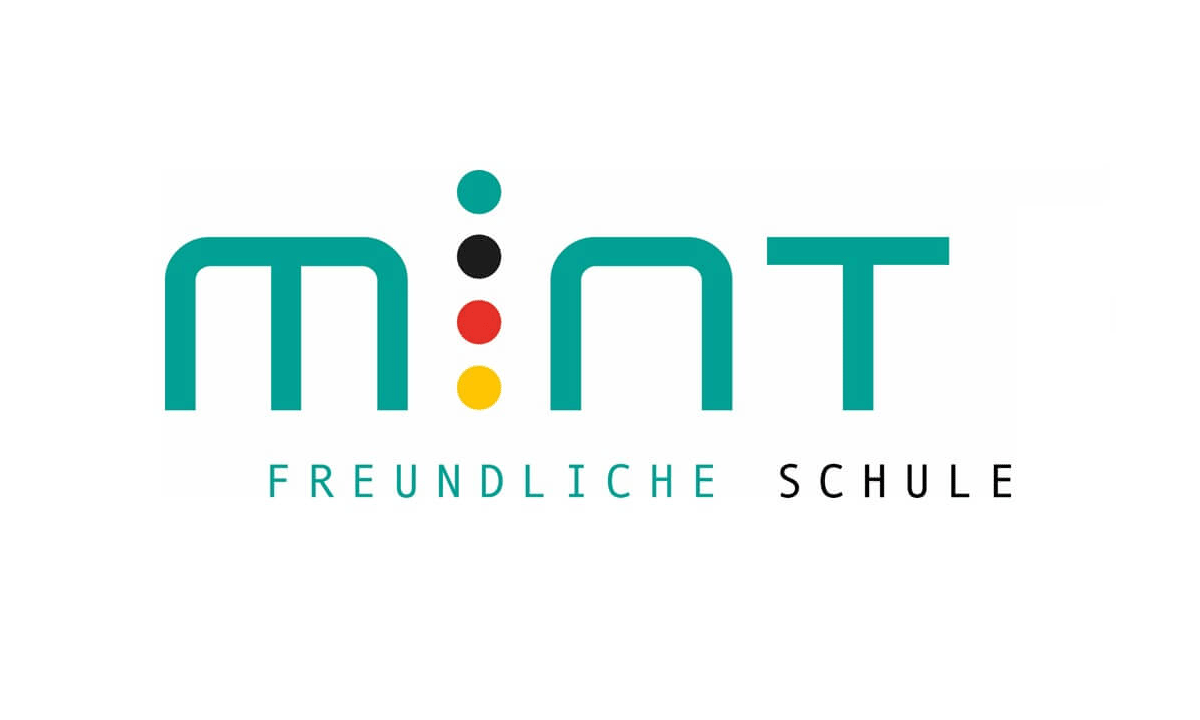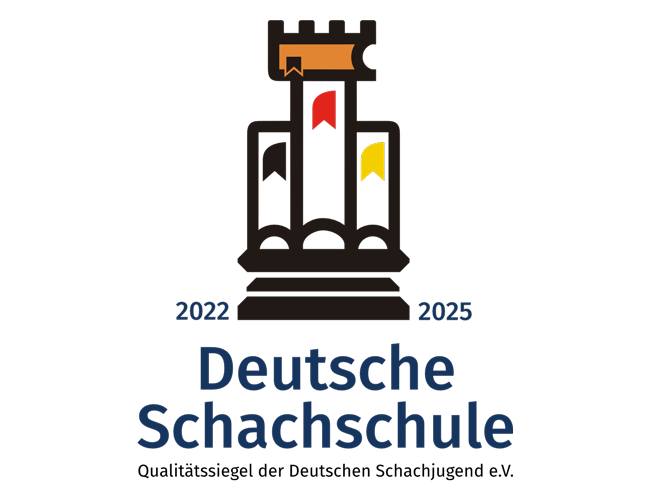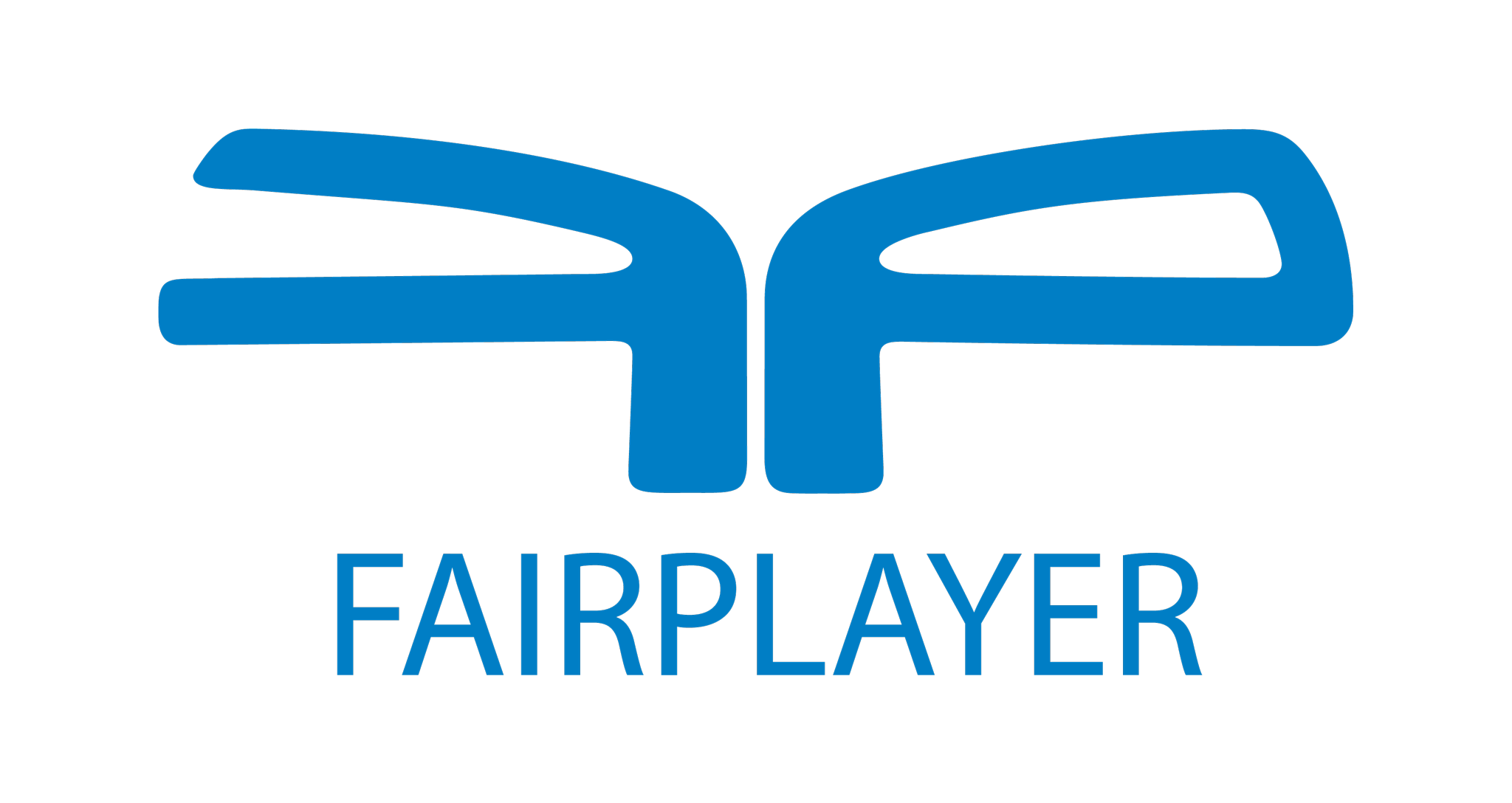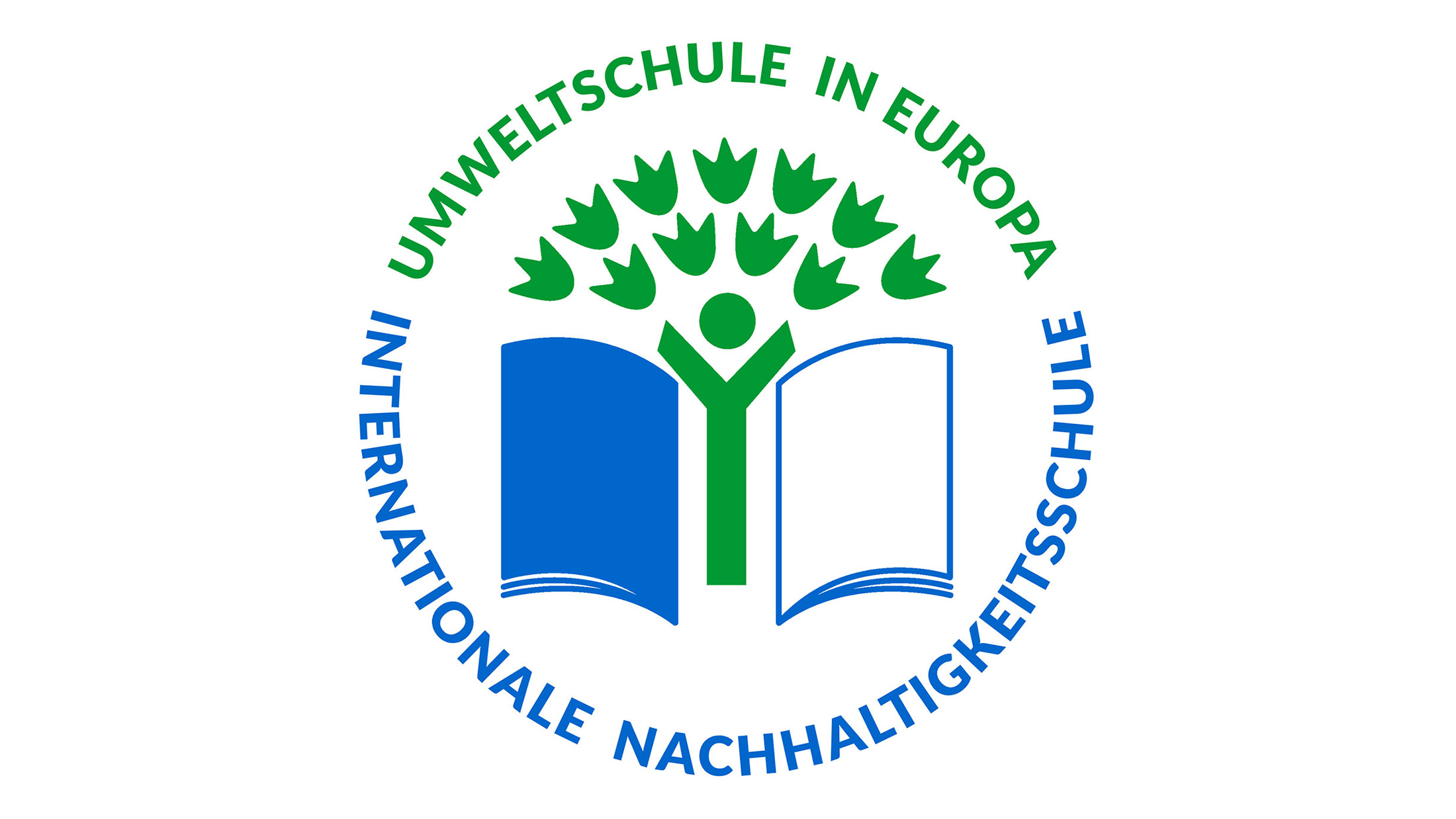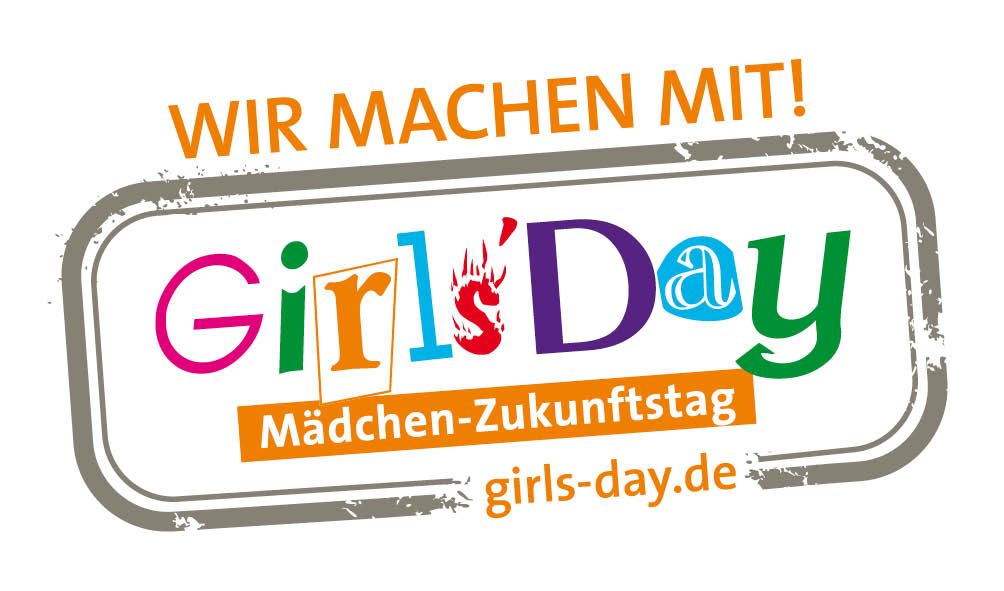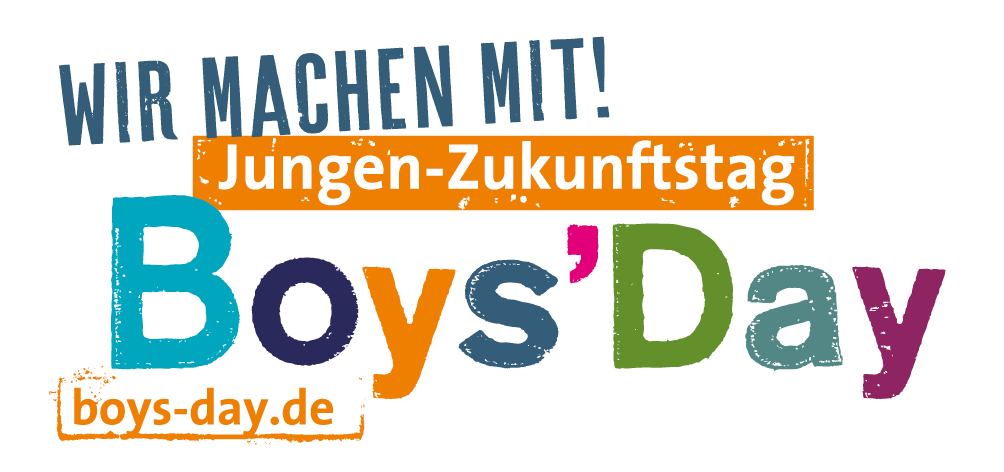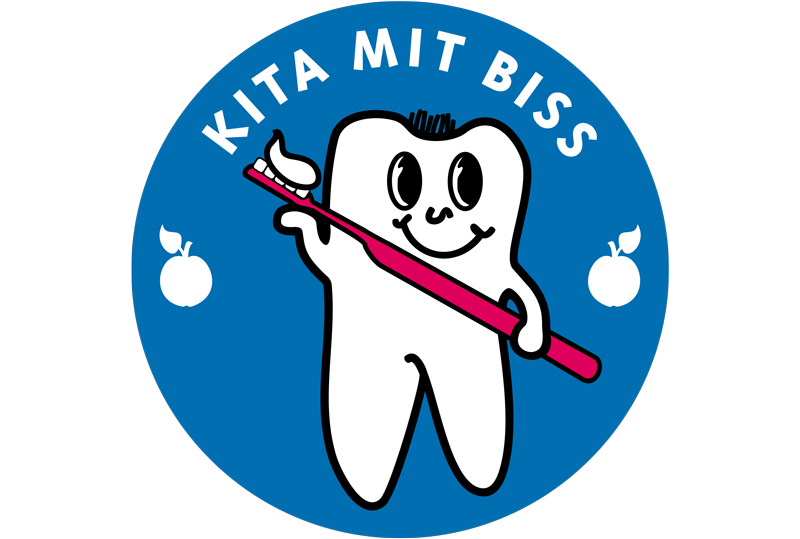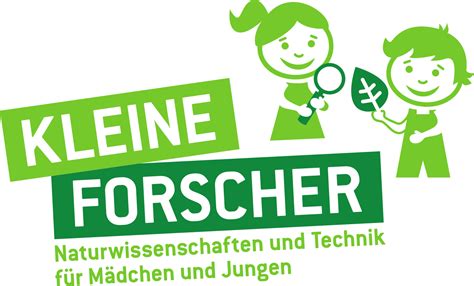Sustainability
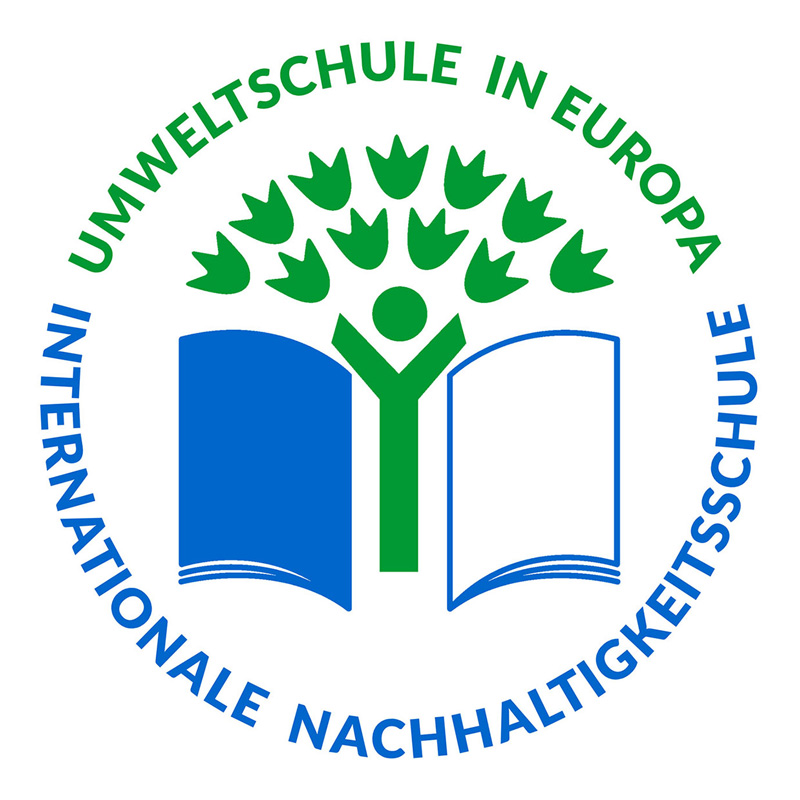 In our primary and secondary school, we have firmly anchored our commitment to combating climate change and to protecting and preserving nature and its resources. It is important to us to sensitize our students through appropriate, age-appropriate education, to motivate them to a conscious, sustainable lifestyle and their own commitment. Since 2020, we have been a certified MINT-friendly school (mathematics, computer science, natural sciences, technology) and understand these subjects as key disciplines for technological progress and innovation and thus also in the fight against climate change.
In our primary and secondary school, we have firmly anchored our commitment to combating climate change and to protecting and preserving nature and its resources. It is important to us to sensitize our students through appropriate, age-appropriate education, to motivate them to a conscious, sustainable lifestyle and their own commitment. Since 2020, we have been a certified MINT-friendly school (mathematics, computer science, natural sciences, technology) and understand these subjects as key disciplines for technological progress and innovation and thus also in the fight against climate change.
Since the school year 2020/21, we are also pleased to be certified as an Environmental School in Europe and feel committed to this distinction.
After several meetings in the previous school years, our Sustainability Working Group has now been firmly established in the school year 2023/24 and consists of interested and committed students, parents and colleagues. We meet every 4 to 6 weeks on Tuesday afternoons to collect ideas, initiate and implement new projects, evaluate measures that have already been taken, and consider together how we can get closer to our big goal: To make PLATANUS SCHULE BERLIN a CO2-neutral school.
What we already do
School building / Schoolyard / Consumables
- We have been receiving green electricity from the provider Naturstrom since the school was founded in 2010.
- In 2020, we extensively renovated our windows throughout the landmark school building to provide better thermal and cold insulation.
- We heat with gas and have central control with a night and weekend setback.
- We use only cloth towels, recycled toilet paper and foam soap, and have installed water-saving fixtures.
- Our food provider Löwenzahn offers a very high proportion of regional and seasonal organic products in the side dishes and we only eat organic meat once a week and MSC-certified fish once a week. In our regular food working group, consisting of student representatives from almost all classes, colleagues and the chef of our food provider Löwenzahn, we also deal with how we can make even more vegan and vegetarian food attractive in the school community and how we can reduce our foodwaste.
- A water dispenser for refilling own reusable bottles with purified tap water instead of one-way bottles is available to all students and our team.
- All of our paper for printers, copiers, promotional materials, writing pads, as well as notebooks and binders for our students have been switched to certified recycled paper.
- We are continually working to become a largely paperless school office, sending letters to parents, tuition notices, and important information electronically or posting them on our parent intranet, “Schulweb,” in a privacy-compliant manner.
- We have set Ecosia as the eco-friendly search tool by default on all school computers, laptops and MS Surfaces.
- Thermometer in each school room to measure and set a reasonable and at the same time comfortable room temperature of about 20 degrees during the colder season.
- Our school garden work club diligently plants, seeds, and harvests throughout our school grounds once a week and beautifies our outdoor areas. We have various fruit trees, raised beds with our own vegetables, tomato plants on our terrace, berry bushes and many insect and butterfly friendly garden and wild plants and enjoy with all our senses, especially in the spring, but also later in the year, the splendor of the flowers and delicious fruit and vegetables from our own cultivation.
- The workshop club has been working on an insect hotel for a while. We hope that it will be finished this year, as well as nesting boxes and feeders for songbirds.
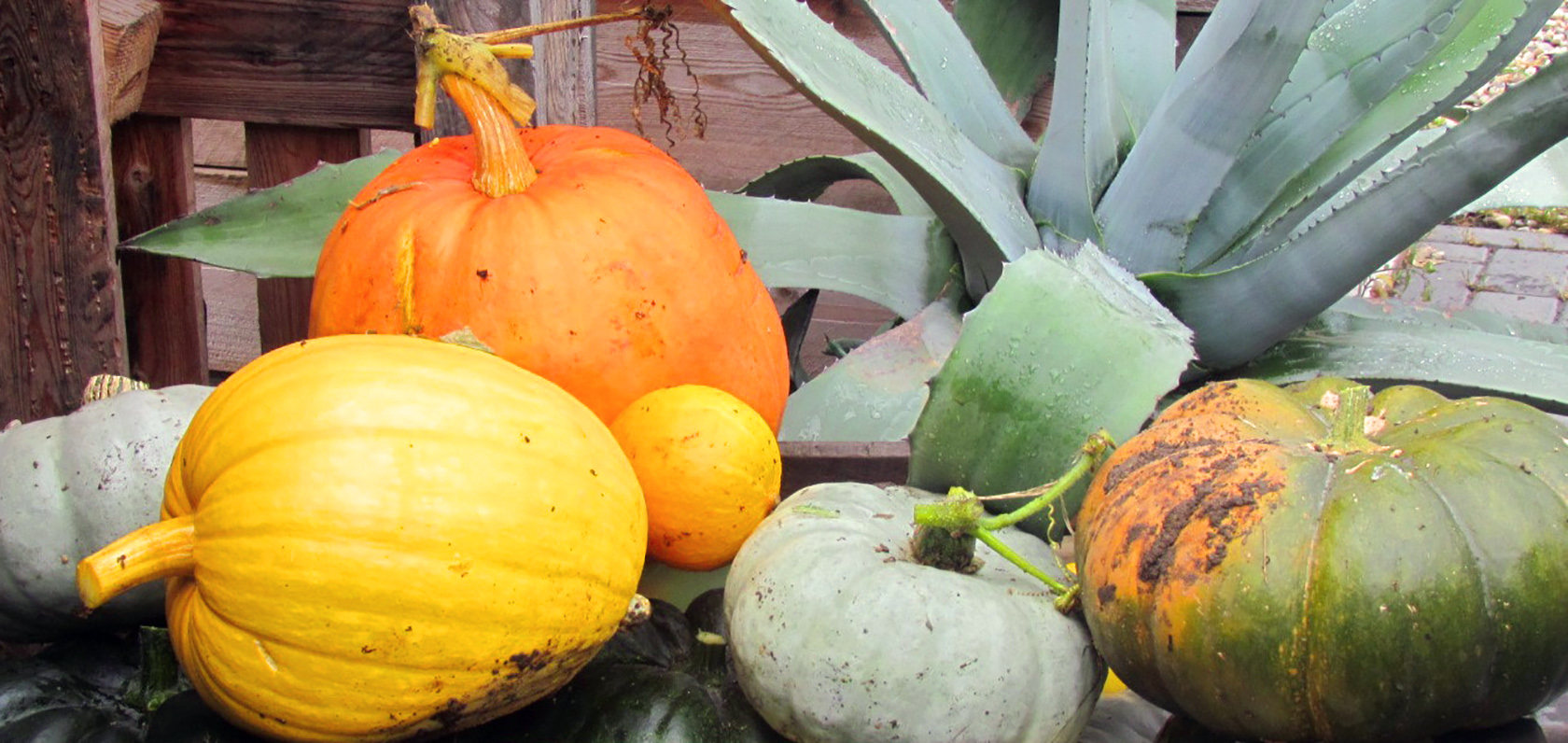
Concept / Lessons / Actions
- We regularly address topics related to climate change, nature conservation, and sustainability in all grade levels and in various school subjects, such as physical education and the natural and social sciences, as an integral part of our school’s internal curriculum and establish cross-curricular references.
- We actively practice waste separation and all school classes are responsible for disposing of their own waste, especially plastic waste from the classroom, in order to get an overview of our own waste production and to consider together where and how we can reduce plastic waste in particular and waste in general. There is also a Bartscherer garbage can in our schoolyard for waste paper, which is recycled to a particularly high standard. Our support association Platanus & Friends is very active here and even collects money for recycling.
- In each class, alternating students each week have the task of making sure that lights, active panels, and air filters are turned off when not in use, as well as proper heating and ventilation.
- Ms. Qavi, our head of science and social studies department, is currently undergoing training as a forest coach with the Berlin foresters.
- In grades 1-4, project days are regularly held in the forest and in the city parks. Every spring, for example, our primary school students count the birds in our environment as part of the BUND project.
- Annually recurring project days, class trips, excursions and ongoing projects on the topics of environmental protection, climate change, biodiversity, agriculture, sustainability, energy, resources, e.g. the project day on our purchasing decisions and the Women in Sciences project day. The latter is a school-wide, class-wide project day that takes place once a year and always addresses sustainability topics. Other exciting project days on the topic of environmental protection and sustainability: IPGarden for Urban Gardening, Habitat Meadow, on World Environment Day and Chemistry of Green Energy with a member of Greenbuzz e.V.
- We created a student company to sell organically produced honey from the surrounding area as part of our WAT classes for grades 7-10.
- Within our Work & Travel program, the focus is also on sustainable agriculture, such as our visit to the Lindhof experimental farm of the University of Kiel or on the focus on nature, conservation measures and sustainable travel during our annual canoe trip.
- Other annual excursions take us to the Botanical Gardens, the Natural History Museum, the Energy Museum, the Technology Museum, and to the Green Week.
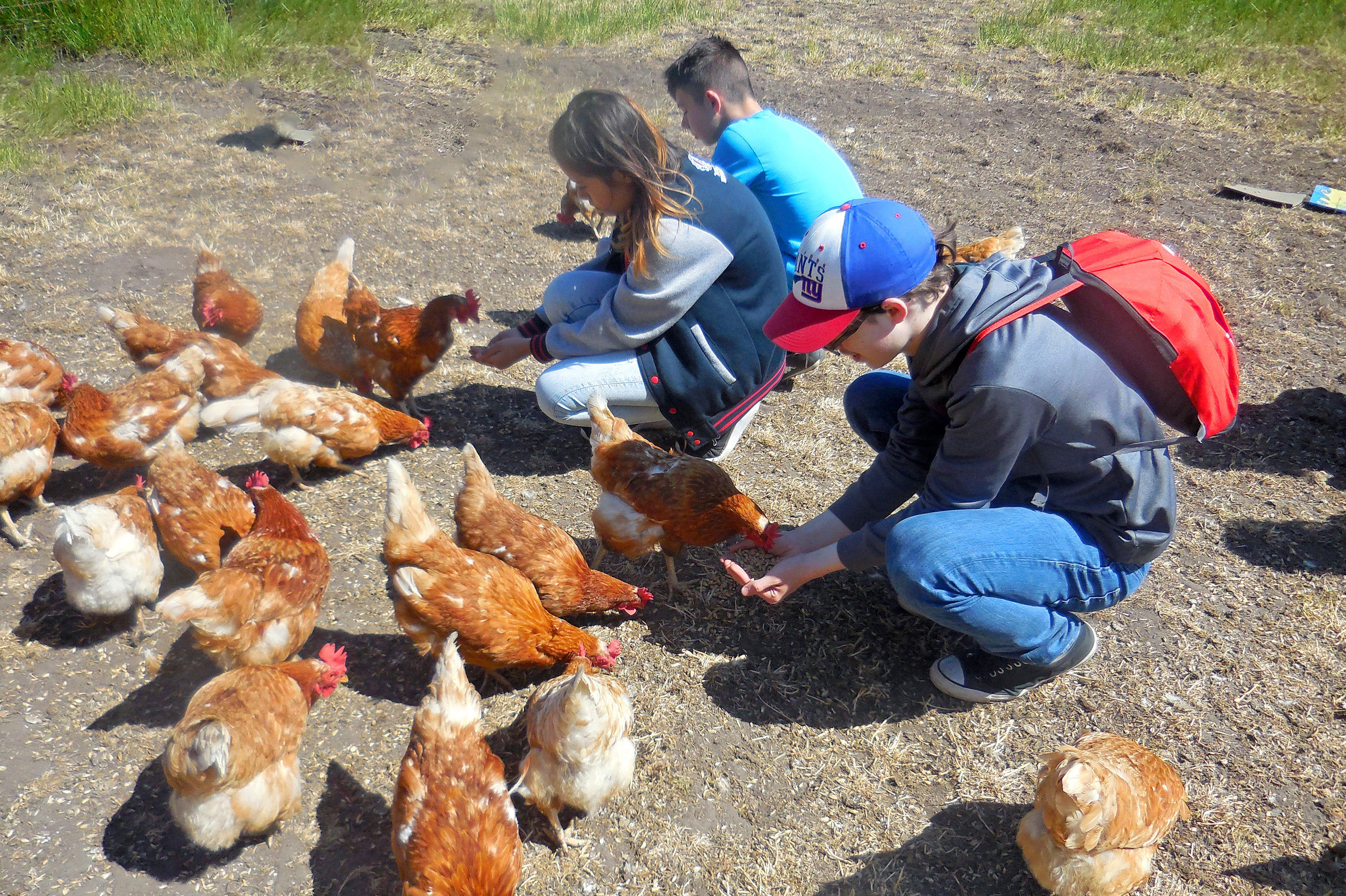
Additional Measures
- We live digitalization and the use of modern technologies and communication tools, also to save more paper. All students and colleagues have their own Microsoft 365 account and Platanus email address for media-supported work and communication at school and at home (even before the Corona pandemic).
- With intensive communication within our school community via digital newsletters and analog postings in our school, active public relations and the use of social media, we motivate our school community to support climate-friendly projects and actions for biodiversity and against environmental pollution.
- Creation of a video clip in our Film Club on correct heating and ventilation in the winter season, as well as other minor measures to reduce the consumption of energy and other resources.
- A new exchange shelf for students, colleagues and parents on the terrace for toys, everyday items has just been set up against the throwaway culture on our terrace of shoulders and will gradually be filled.
- A digital pinboard for classified ads to sell, buy and give away through our website is currently in the works.
- We regularly participate in educational events on climate change, such as the annual Climate Future Conference in Berlin and competitions such as the Duracell Rossmann School Challenge: https://www.platanus-schule.de/aktuelle-aktionen-und-wettbewerbe/. At the end of the 2022/23 heating season and the start of the 2023/24 heating season, our entire school community participated in the “Which Class Will Be the Energy Saving Champion?” competition. We submitted this intra-school, inter-class competition to the “Energy Saving” competition organized by UfU e.V. and won a prize for it.
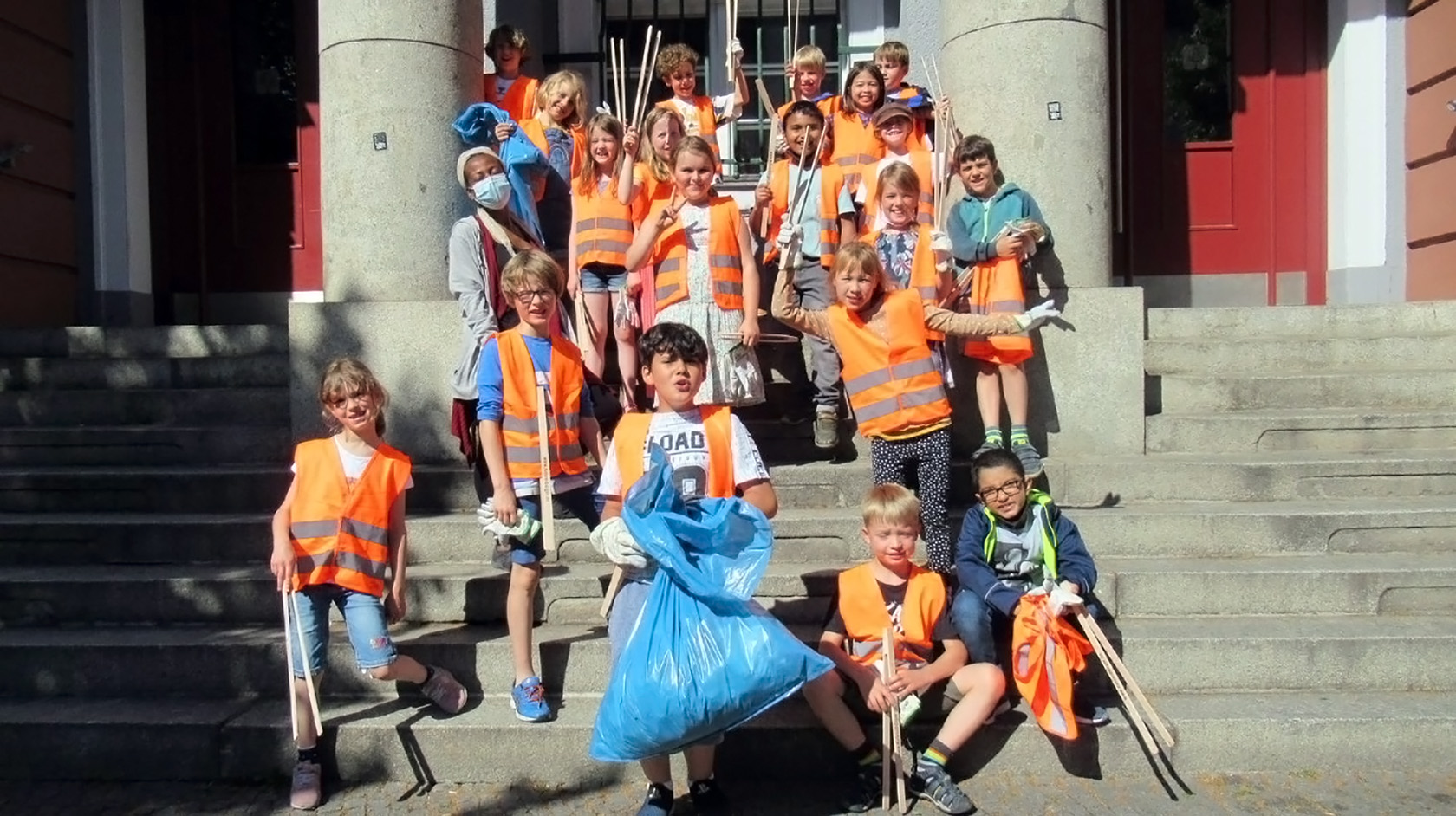
Unsere Kooperationen
- We have been a Greenpeace pilot school since 2020 (one of 4 schools in Berlin and one of 14 schools in Germany). We have created the CO2 balance of our school, now follows the “Whole School Approach for Sustainability”. More info about the Greenpeace project.
- Lindhof experimental farm of Kiel University for our class trips with a focus on sustainable agriculture.
- Greenbuzz Berlin e.V. for interesting project days
- Gardening School Pankow
- Project days e.g. KATE e.V., NEMO, BSR Kehrenbürger and the Berlin foresters
- Independent Institute for Environmental Issues e.V. on the topic of energy saving with a focus on our school’s own network of parents and their expertise and companies, employees and their contacts.
- Tomatenparade e.V. for the supply of seeds and plants of rare varieties of tomatoes
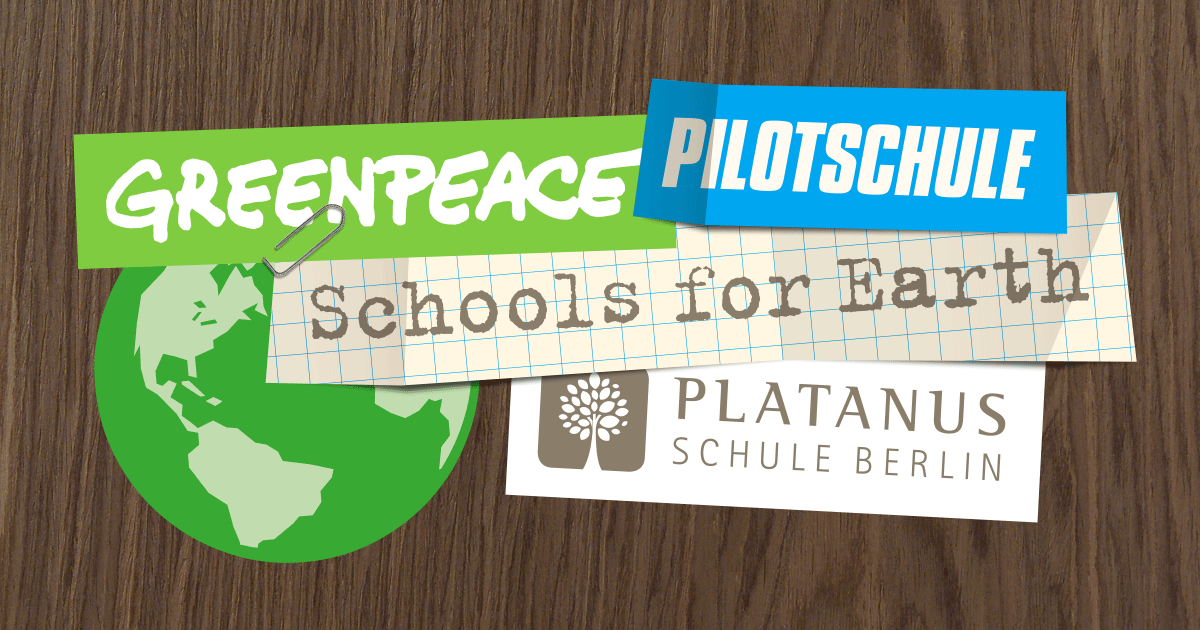
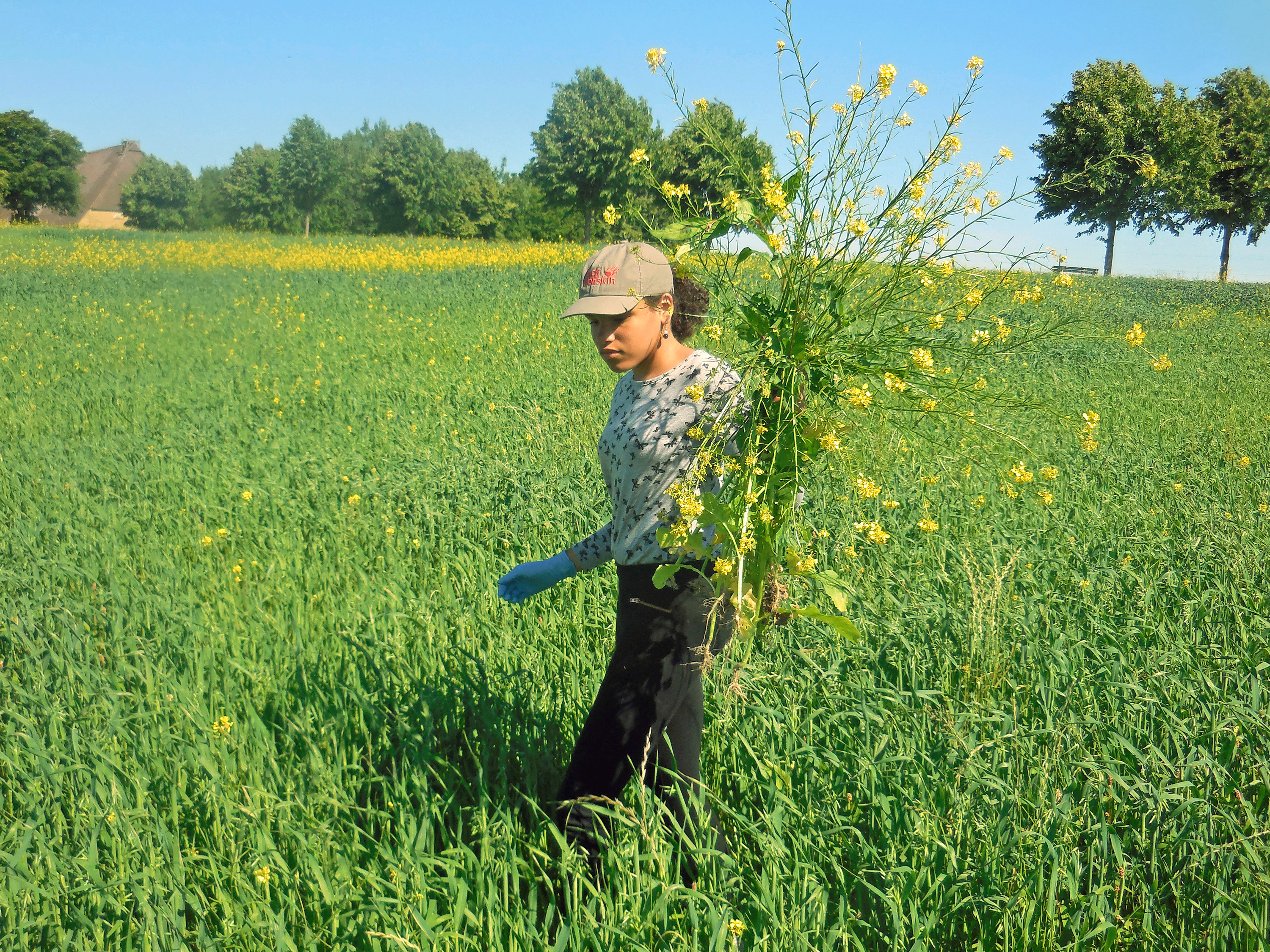
We are on the right track, are happy about our certifications due to measures already taken and will continue to actively engage in integrating the most important topic of our time – climate change and the protection of nature and the environment – into our curriculum and into our active school life. Awareness in all minds and the corresponding education for sustainable development (ESD) are, in our opinion and in our framework as an environmental school, the most important building blocks to master the greatest challenge for our and following generations. There is still a lot to do, let’s move on!
